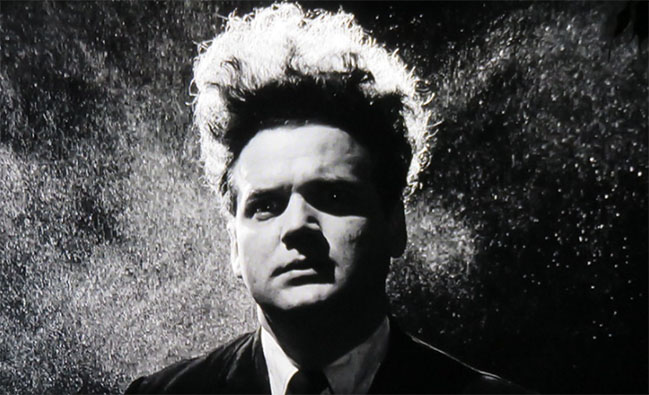The traditional moviegoing experience is one where we sit in the theatre, eating our popcorn and enjoying the ambience. To many, this is considered the be the purest form of movie viewing, to which nothing else could compare. Outside of theatres, we obviously also can watch from home. This has historically been regarded as a step down from theatres, but public opinion on this option is slowly changing. Taking this concept a step further is the ability to watch on phones. Often derided as inauthentic, this option nonetheless presents the favored option for some.
These different options raise some interesting questions on where we should draw the line. Is there a set level where entertainment becomes authentic or is there room enough for everyone? Using movies and online digital entertainment in bingo as examples, we want to explain why this world isn’t as black and white as we might initially think.
Complicated Growth
Online bingo today is one of the most popular forms of digital gambling. Take, for example, when users play jackpot games on Paddy Power Bingo, a popular online casino service. Here, variations on the game like the Gold and Green rooms give players considerable choice in prizes and buy-ins, while also illustrating a level of convenience that simply isn’t possible offline. At first, these systems were derided by traditionalists but, over time, their popularity has brought them to much-loved parts of the greater casino industry. In a nutshell, bingo has shown that changing the experience to better cater to new technology can be a good thing, for the right audience.

In movies, the same battle over purity has been waged for generations. As reported by The Verge, major industry names like David Lynch have taken up the torch against watching on mobiles, to varying levels of public support. Just like what happened with bingo traditionalists, it could be that people like Lynch might be too close to the industry to be objective.
Component Parts
Though it might not be fully plausible to break something as subjective as entertainment appreciation down to objective parts, there are at least elements that can be considered when taking a broader view. Take, for example, when people aren’t comfortable in movie seats, or when they don’t like being around crowds. In this case, a traditional movie-going experience is never going to be the best way for these people to engage.
On their TV at home, viewers could get far more comfortable, they could set the audio/visual settings as they want, and the experience would only be better for it. Taking this a step further, as we did with bingo, we could also extend this concept further into the mobile space.
What if somebody is short-sighted, and is only physically comfortable watching a close mobile screen? What if they use high-quality headphones, exceeding the audio quality possible in local theatres? What if they don’t have access to a larger screen in the first place, or simply prefer to watch on their phone for reasons they don’t fully understand themselves?

Looking at the possibilities for entertainment like bingo and movies in this light, the idea of traditionalism looks less like purity, and more like elitism. The simple fact of entertainment is that it’s nobody else’s business how you engage, and what avenues you find the most enjoyable, as noted by the NYTimes. There are no wrong answers, and artificially limiting your options in an age of superior choice is only going to hamper your experience. In other words, enjoy entertainment how you like, and you’ll never be wrong.



